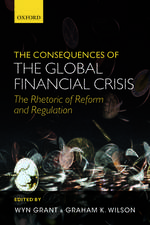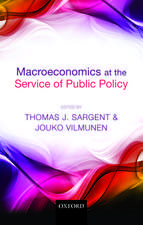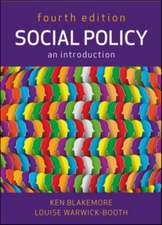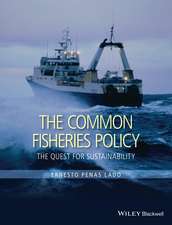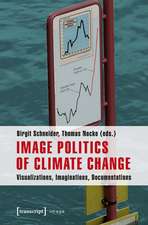Gorbachev's Retreat: The Third World
Autor Melvin A. Goodmanen Limba Engleză Hardback – 29 iun 1991 – vârsta până la 17 ani
Preț: 438.00 lei
Preț vechi: 707.87 lei
-38% Nou
Puncte Express: 657
Preț estimativ în valută:
83.81€ • 87.68$ • 69.62£
83.81€ • 87.68$ • 69.62£
Carte tipărită la comandă
Livrare economică 02-16 aprilie
Preluare comenzi: 021 569.72.76
Specificații
ISBN-13: 9780275936969
ISBN-10: 0275936961
Pagini: 224
Dimensiuni: 156 x 235 x 22 mm
Greutate: 0.53 kg
Ediția:New.
Editura: Bloomsbury Publishing
Colecția Praeger
Locul publicării:New York, United States
ISBN-10: 0275936961
Pagini: 224
Dimensiuni: 156 x 235 x 22 mm
Greutate: 0.53 kg
Ediția:New.
Editura: Bloomsbury Publishing
Colecția Praeger
Locul publicării:New York, United States
Notă biografică
MELVIN A. GOODMAN is Professor of International Relations at the National War College in Washington, D.C. He was Senior Analyst for Soviet Affairs at the CIA and the Department of State. He has written a book on the military dimension of Soviet policy, and will soon publish another on the implications of new thinking for Soviet-American cooperation in the Third World. He has written on Soviet policy for Middle East Journal, Journal of Northeast Asian Studies, and International Journal.
Cuprins
PrefaceSoviet Policy and the Third WorldDecisions Making Under GorbachevAfghanistanLimits to PowerThe Regional Implications of Gorbachev's "New Political Thinking"Soviet Power Projection and Crisis ManagementSoviet Military and Economic AidSoviet Retreat in the 1990sBibliographic EssayIndex



